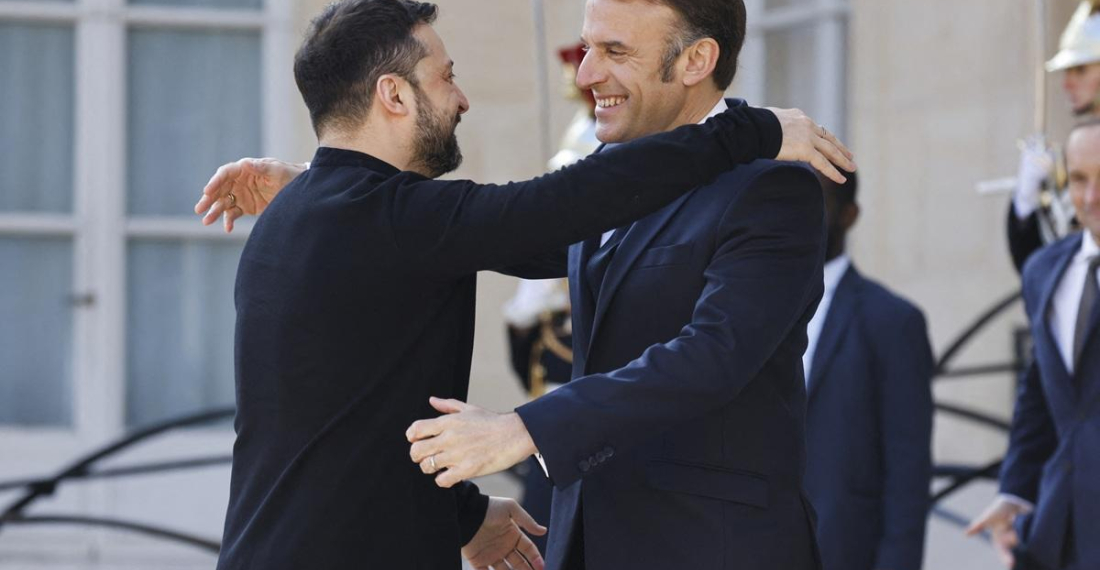Ukraine’s allies from across Europe gathered for talks in Paris on Thursday to discuss how to strengthen Kyiv’s hand and its military as it pushes for a ceasefire with Russia, and to consider proposals to deploy European troops in the country in tandem with any peace deal. French President Emmanuel Macron is hosting the leaders of nearly 30 countries plus NATO and European Union chiefs. The summit comes at a crucial juncture in the war, with intensifying diplomatic efforts to broker ceasefires, driven by pressure from US President Donald Trump to end the fighting.
However, the conflict is raging on. Russian drone attacks overnight before the leaders met in the luxury of the French presidential palace injured more than 20 people, Ukrainian officials said. U.S.-brokered agreements this week to safeguard shipping in the Black Sea and halt long-range strikes on energy infrastructure were greeted as a first step toward peace. However, Ukraine and Russia have disagreed over the details and accused each other of deal violations, foreshadowing a long and contentious process ahead.
France and Britain are pushing a separate initiative to build a coalition of nations willing in one way or another to support the deployment of a European armed force in Ukraine, with the aim of securing any peace deal by dissuading Russia from attacking the country again.
Some European countries are more comfortable with a potential deployment than others — not least because a big unknown is whether Trump would allow U.S. forces and intelligence agencies to back up any European contingent with air and logistical support and other assistance.
Building a force big enough to act as a credible deterrent — British officials have talked about possibly 10,000 to 30,000 troops — would also be a considerable effort for nations that shrank their militaries after the Cold War but are now rearming. There would also be questions to resolve about who would command the force and how it might respond to a major violation by Russia of any peace agreement.
The office of U.K. Prime Minister Keir Starmer, who’s driving the European initiative together with Macron, said military planners from Europe and beyond have been drilling down into details of how such a force might be put together, examining “the full range of European military capabilities including aircraft, tanks, troops, intelligence and logistics.”
Source: commonspace.eu with agencies. Photo: France's President Emmanuel Macron welcomes Ukraine's President Volodymyr Zelensky as he arrives for a summit for "coalition of the willing" at the Elysee Palace on Thursday morning 27 March 2025. AFP






